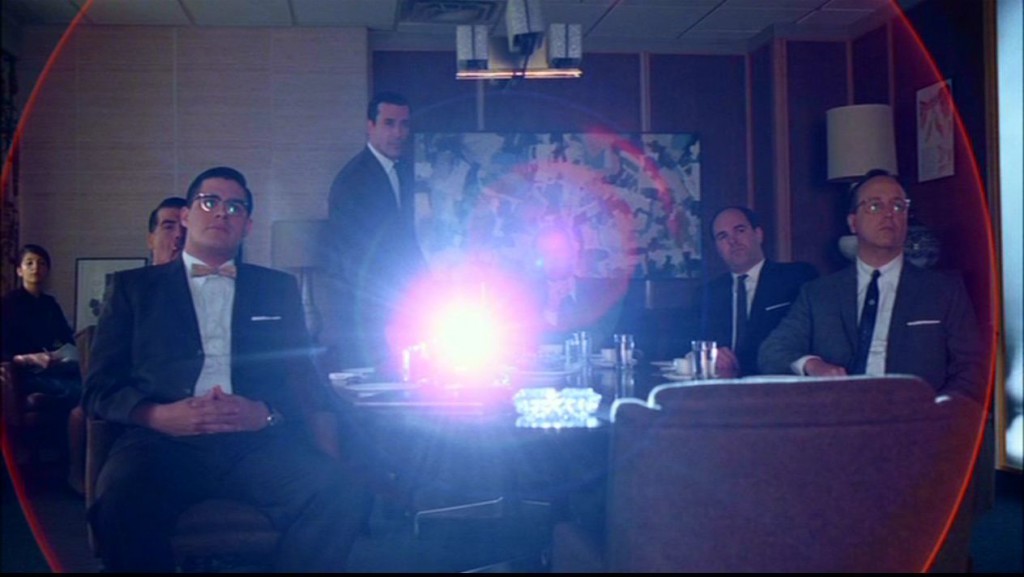
Mark Lashley discusses "Fuller House" and the current trend of resurrected television nostalgia, and how the notion of television as an ephemeral or disposable media form is diminishing.
Read more »

Mark Lashley discusses "Fuller House" and the current trend of resurrected television nostalgia, and how the notion of television as an ephemeral or disposable media form is diminishing.
Read more »

In the inaugural post in our "Digital Tools" series, Elana Levine discusses DEVONthink document management software and her methods for organizing historical research materials digitally.
Read more »

Peter Schaefer writes about the public face of radio preservation, making a case for acknowledging what's been lost to the ages while simultaneously showcasing what's been found.
Read more »

How did post-World War II female detectives balance authority and femininity on the radio? Catherine Martin writes about knowledge of urban geography as the source of a detective's power in "Candy Matson."
Read more »
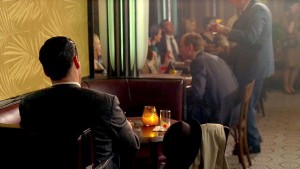
Piers Britton on Mad Men's visual style, series structure, and Sixties-philiac tendencies, and how the TV series turned its tension between the espousal of emotional truthfulness and a preoccupation with “superficial” visual pleasures into a branding strategy.
Read more »
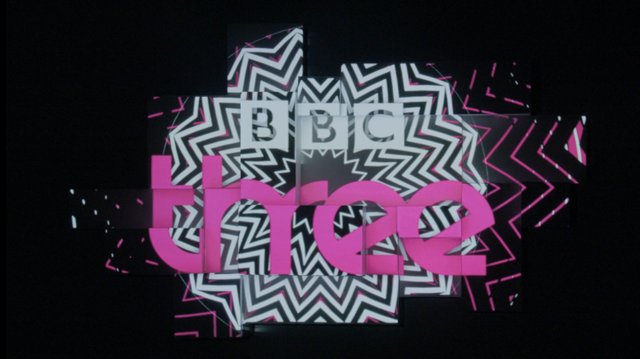
Elizabeth Evans tracks the ongoing fallout of the BBC’s plan to relocate a channel to the online-only realm.
Read more »

Bradley Schauer argues that David Letterman’s brilliant late night talk show career would have been a nonstarter in today’s television landscape.
Read more »

Norma Coates reflects on what she learned about academic advising and mentoring from her own PhD advisor, Michele Hilmes.
Read more »
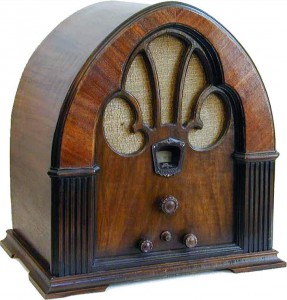
Michele Hilmes’ legacy for radio and sound studies, broadcasting history, and cultural studies is clearly profound and prodigious, but her influence extends further, as well: this quintessential cultural historian is also a profound new media scholar.
Read more »
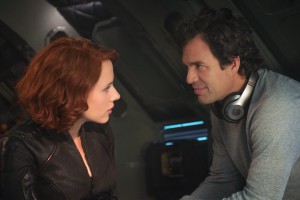
Piers Britton explores questions of representation and issues of authorship and creative control in "Avengers: Age of Ultron" and the Marvel Cinematic Universe.
Read more »
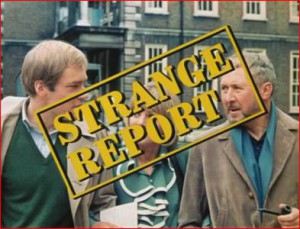
Through a case study of the British ITV series "Strange Report" (1969-70), Jonathan Bignell exhibits how Michele Hilmes' example has taught him that when we look closely at the detail of history, there are always more complex and more interesting things to discover.
Read more »

Michael Curtin contributes the eighth post in our "Honoring Hilmes" series, saluting Michele Hilmes on her sterling leadership and professionalism as well as her pioneering intellectual contributions to the media studies field.
Read more »
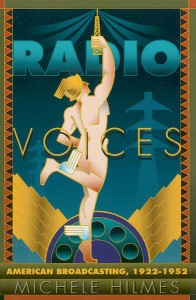
In this seventh post in our "Honoring Hilmes" series, Jennifer Hyland Wang contends that Michele Hilmes' greatest contribution to media history is her feminism, including her focus on the many women who operated in and around broadcasting as well as her mentorship of female graduate students.
Read more »

Josh Shepperd provides Part 1 of 2 to his final entry in the "On (the) Wisconsin Discourses" series with an examination of Michele Hilmes' contributions to discursive analysis.
Read more »
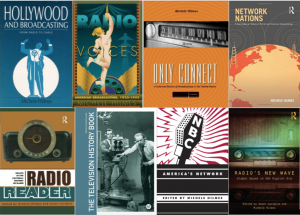
Listen to "Radioed Voices," a radio documentary/podcast paying tribute to media studies scholar and cultural historian Michele Hilmes on the occasion of her retirement.
Read more »